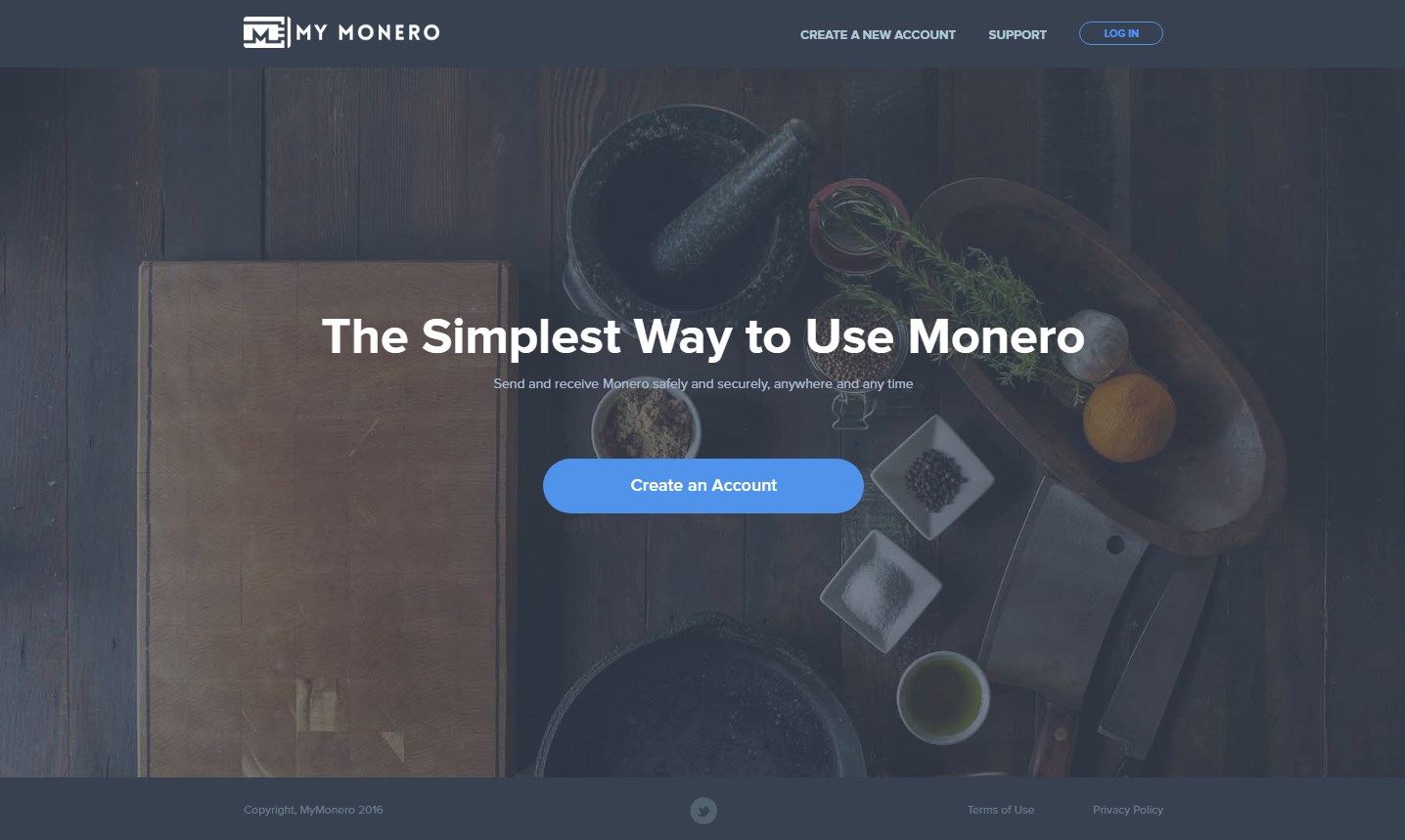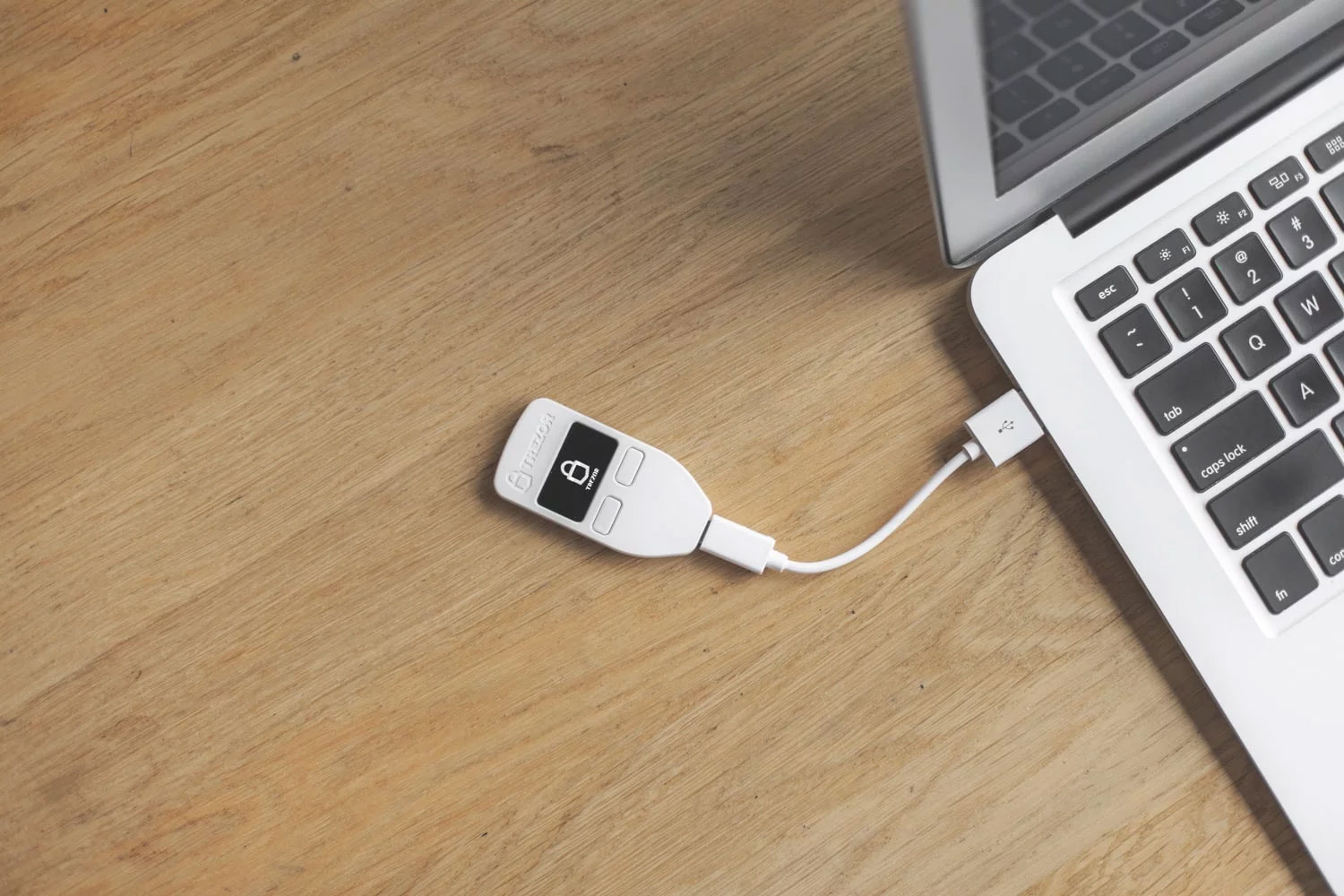XMR-USD$217.220 |
XMR-EUR€182.400 |
Topics
Stratum Configuration
All of our stratum servers utilize GeoIP routing which automatically selects the server with the closest geographical proximity to your mining operation, resulting in optimal latency.
| stratum+tcp://pool.coinfoundry.org:3332 | Solo Mining |
| stratum+tcp://pool.coinfoundry.org:3432 | Solo Mining (SSL) |
Login: Login using your wallet address as username. An optional workername can be appended to your address separated by a dot (.) character. Password can be left blank.
To mine directly to an exchange you need append your paymentId to your address separated by a hash sign.
Example: <WALLET ADDRESS>#<PAYMENT_ID>.<WORKER>
Static difficulty: To mine with a static (fixed) difficulty simply use d=xxx as password where xxx is your preferred difficulty.
Mining Assistant
Dashboard
To open your personal mining dashboard, click the Miner Stats tab to the right of this page, enter the wallet address you are mining with and click Load.
Getting a Wallet
Before you can start to mine you need to create a wallet. Although Monero is an entirely digital asset, you still need a place to store them. This is done in a digital wallet. There are multiple methods to obtain a wallet which vary by ease of use and the security they provide.
Official Wallets
Official first-party Wallets for all major platforms are available from the Monero Website. These wallets are released and maintained by the Monero Team.
MyMonero
MyMonero is an uncomplicated method to obtain a monero wallet. Convenience comes with a price of course. Even though this site is run by the creators of Monero, your private keys leave your computer which is a security concern.
Paper Wallets
For long-term storage of Monero you should create a cold wallet using MoneroAddress or similar. A paper wallet is extremely secure if you guard your private key by storing it in a password vault such as KeePass or LastPass or printing it out and depositing the sheet in a real bank vault.
Hardware Wallets
A hardware wallet is a special type of wallet which stores your private keys in a secure hardware device. Hardware wallets offer robust safety features for storing cryptographic assets and securing digital payments. The most popular hardware wallets are the Ledger Nano S and the Trezor.![]()
Registering with a Crypto-Exchange
There are multiple digital currency exchanges you can register with. Registering with an exchange allows you to create a wallet on the exchange for every currency the exchange supports.
Popular exchanges are: Binance, Bittrex, Poloniex, Kraken, Bitfinex and HitBTC.
| Hashrate | 0.00 H/s |
| Network Hashrate | 2.26 GH/s |
| Network Difficulty | 289.56 Billion |
| Algorithm | RandomX |
| Difficulty/Port |
240000
3332
240000
3432
|
| Earnings | SOLO |
| Fee | 0.8% |
| Minimum Payout | 0.03 XMR |
| Minimum Payout to Exchange | 0.3 XMR |
 Monero Pool (Solo)
Monero Pool (Solo)
